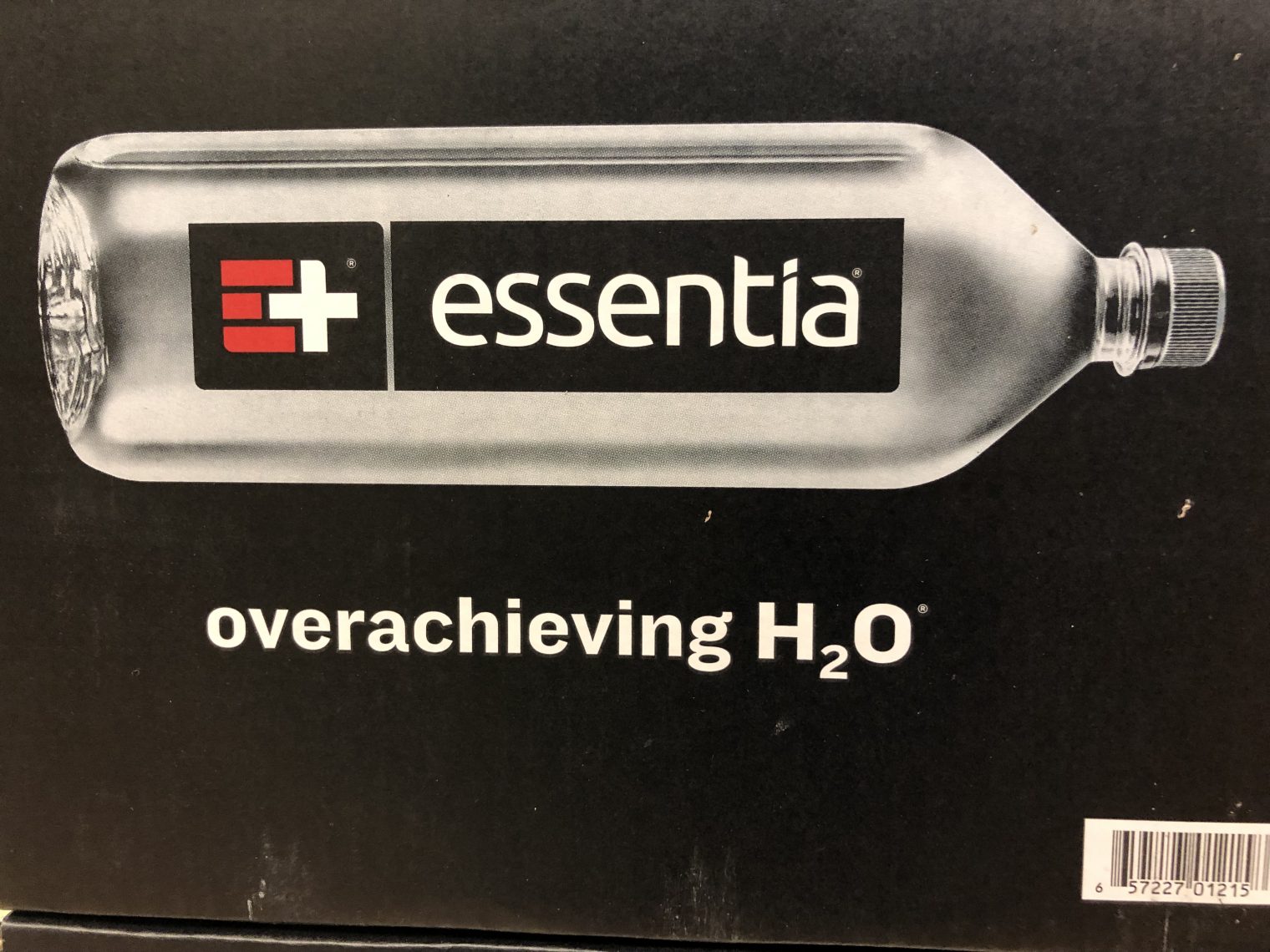According to the New York Times, the crisis that began when Hillary Clinton failed to defeat Donald Trump on November 8, 2016 only intensified with the release of the Mueller report. Some recent items…
“It’s Not the Collusion, It’s the Corruption” (by David Brooks):
The first force is Donald Trump, who represents a threat to the American systems of governance. … The second force is Russia. If Trump is a threat to the institutional infrastructure, the Russians are a threat to our informational infrastructure. … The third force is Julian Assange and WikiLeaks. They are a threat to our deliberative infrastructure.
“The Mueller Report and the Danger Facing American Democracy” (Editorial Board):
But the real danger that the Mueller report reveals is not of a president who knowingly or unknowingly let a hostile power do dirty tricks on his behalf, but of a president who refuses to see that he has been used to damage American democracy and national security.
“In a Functional Country, We Would Be on the Road to Impeachment
Mueller laid out the evidence for members of Congress to take action against President Trump. Will they?” (Michelle Goldberg):
There are a lot of reasons Trump’s election remains a festering wound. It was a horrifying shock to many of us and, given his decisive loss in the popular vote, an insult to democracy. … It was probably naïve to think that Mueller could cut through such a thick web of falsity. But if anyone could have, it would have been him, the embodiment of a set of old-fashioned virtues that still ostensibly command bipartisan respect.
[The hero with “old-fashioned virtue” charged with uncovering Vladimir Putin’s puppet control of the U.S. government spent most of his time looking into which young women were paid to have sex with which older guys?]
“Mr. Mueller’s Indictment” (Editorial Board):
it turns out that Robert Mueller and his team of prosecutors and investigators found “substantial evidence” that President Trump broke federal law on numerous occasions by attempting to shut down or interfere with the nearly-two-year Russia investigation. … In addition to pointing to possible criminality, the report revealed a White House riddled with dysfunction and distrust, one in which Mr. Trump and his aides lie with contempt for one another and the public.
“Mueller Hints at a National-Security Nightmare” (Joshua A. Geltzer and Ryan Goodman):
President Trump may claim “exoneration” on a narrowly defined criminal coordination charge. But a counterintelligence investigation can yield something even more important: an intelligence assessment of how likely it is that someone — in this case, the president — is acting, wittingly or unwittingly, under the influence of or in collaboration with a foreign power. Was Donald Trump a knowing or unknowing Russian asset, used in some capacity to undermine our democracy and national security?
The public Mueller report alone provides enough evidence to worry that America’s own national security interests may not be guiding American foreign policy.
“Mueller’s Damning Report” (Noah Bookbinder):
The fact that Mr. Mueller explicitly did not resolve whether the president engaged in criminal conduct only reinforces the need for Congress to consider whether Mr. Trump violated his constitutional obligations to the American people. … Congress and the American people have every right to insist that the individual who swears an oath to “preserve, protect and defend the Constitution of the United States” has not abused his powers to protect himself or his associates from the reach of justice.
One thing that professional investors like to do when someone predicts forthcoming trouble for a company is ask “How’s the stock?” The implication is that the market is smarter than individuals and if a company is going to crash it should already be reflected in the price. (This kind of thinking took a beating in the Collapse of 2008!) Boeing seems like an obvious disaster, for example, but its performance is barely distinguishable from the S&P between October 1, 2018 (before the first 737 MAX crash) and the present. So the market isn’t too worried about Boeing even if most of us would rather buy a ticket on an Airbus.
U.S. stocks have been great performers compared to international peers since November 8, 2016. The S&P 500, for example, is up by roughly 33 percent (compare to 14 percent for Germany’s DAX). That’s seemingly inconsistent with the media’s portrayal of grave peril facing our nation and the need for every citizen to be outraged. Why do investors want to buy into a country that is controlled by foreigners who have an incentive to hold back the U.S. economy so as to limit American economic and military power?
If the NYT journalists and readers are convinced by their own hysteria, why aren’t they cheerfully (leveraged) short the S&P and preparing to enjoy a comfortable retirement in Switzerland once the big meltdown does occur?
Related:
- Paul Krugman’s NYT prediction, Nov 9, 2016: “It really does now look like President Donald J. Trump, and markets are plunging. When might we expect them to recover? … If the question is when markets will recover, a first-pass answer is never.”
Full post, including comments 


